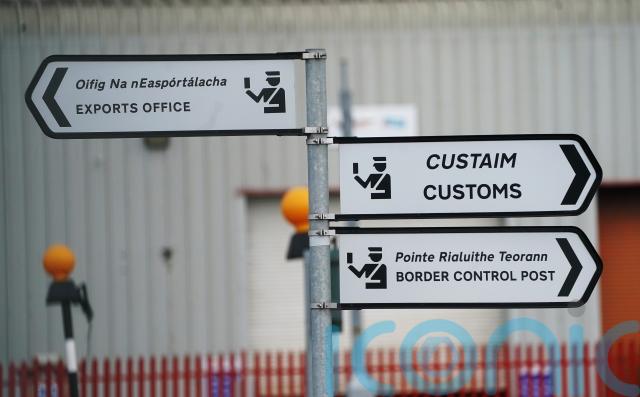
Irish exporters are set to continue to be negatively impacted by the changing trading relationship with the United States.
Tanaiste Simon Harris is understood to have delivered that message to the Irish Cabinet following the conclusion of the trade agreement between the US and the European Union.
A 15% tariff has been in effect since August 7, while the previous 10% tariff will apply to goods that are already in transit or have been warehoused for consumption before August 7 until October 5, 2025.

Mr Harris is believed to have told his ministerial colleagues that while the Framework Agreement finally provides some more certainty, Irish exporters will continue to be negatively impacted.
Ireland’s intention now is now to assess if further improvements can be made in areas of interest for Irish exporters including spirits and medical devices.
The country’s exports were 75.4 billion euro (£65.59 billion) from January to June 2025, some 41.7 billion euro (£36.27 billion) higher than for the same period in 2024.
Mr Harris indicated to Cabinet that Ireland has exported more in the first six months of what was exported in the entire year of 2024 (73 billion euro/£63.50 billion).
This indicates significant exports were brought forward in the first quarter of 2025 to get ahead of the introduction of unspecified reciprocal tariffs.
Meanwhile imports for January to June 2025 remain broadly aligned with the previous year.
As a result of stable imports and the surge in exports from January to March, the trade surplus with the US is understood to have increased from 22.4 billion euro (£19.48 billion) to 64.4 billion euro (£56.01 billion) for the first half of the year, higher than the 50 billion euro (£43.48 billion) trade surplus for the entire of 2024.
Almost all of this increase is thought to have been due to pharmaceuticals, with exports of pharma products significantly ramped up in January to 10.1 billion euro (£8.78 billion), increasing to an extremely high 23.4 billion euro (£20.35 billion) for the month of March 2025 before falling back to 7.9 billion euro (£6.87 billion) in April and nine billion euro (£7.83 billion) in May, and declining very sharply to 2.9 billion euro (£2.52 billion) in June.
The Tanaiste is understood to have outlined his view that the forthcoming Irish Budget must take measures to help businesses who are facing uncertain economic times.
Subscribe or register today to discover more from DonegalLive.ie
Buy the e-paper of the Donegal Democrat, Donegal People's Press, Donegal Post and Inish Times here for instant access to Donegal's premier news titles.
Keep up with the latest news from Donegal with our daily newsletter featuring the most important stories of the day delivered to your inbox every evening at 5pm.